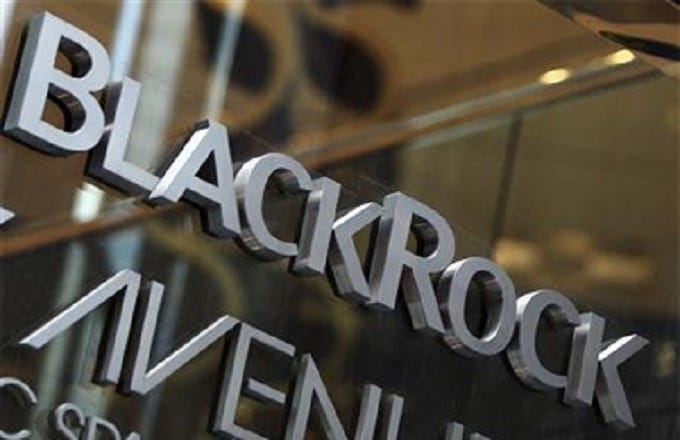WHO OWNS THE WORLD? Tracing Half the Corporate Giants’ Shares to 30 OWNERS
by David Peetz & Georgina Murray, The Conversation:
 When people say share ownership is highly diversified, they think most large public corporations have lots of shareholders – and often the largest shareholder has less than 15%, sometimes less than 5%, of the total shareholdings.
When people say share ownership is highly diversified, they think most large public corporations have lots of shareholders – and often the largest shareholder has less than 15%, sometimes less than 5%, of the total shareholdings.
But looking at it this way obscures the concentration that is taking place. The same organisations – usually finance capital, rarely families or individuals – own these public companies. We (David and Georgina) first researched this in 2009, and we’ve since found that the trend is of increasing concentration in several countries over three decades.
When one organisation alone controls more than 6% of shares in very large global corporations, and 30 control more than half of all shares in these corporations, that signifies very high concentration.
Our 2009 study found that various forms of financial capital controlled the great majority (68.4%) of shares in the world’s very large corporations. Individuals or families held only a minimal proportion (3.3%), and industrial companies held relatively little.
Banks were the most common specific type of individual or organisation that controlled the shareholdings in very large corporations.
Levels of concentration
Our study used a database of shareholdings in the 299 largest publicly-listed global corporations from the Bureau van Dijk global database of corporations, OSIRIS. This database combined information from around 100 sources and covers nearly 63,000 companies worldwide.
In some cases, the true ownership of shares is hidden by the use of “nominee” or “depository” organisations. These vary in significance and legal treatment between jurisdictions.
They include such entities as as Clearstream and Euroclear in Europe, the Depository Trust Corporation in the US, Hong Kong Securities Clearing Company Nominees in Hong Kong (which makes it to our list of the top-30 private shareholders), the Canadian Depository for Securities (which would be the second-largest shareholder in that country), and a variety of bank nominees in Australia – where nominee shareholdings are unusually important, accounting for half of significant Australian shareholdings in 2009-10.
The nominee normally is not exercising its own discretion in investment decisions. Rather, the – often-secret – beneficial owner of the shares exercises decision-making power and control.
This is quite different to the funds managers who dominate in our analysis and who mobilise money owned by other people and make investment decisions on their behalf. Broadly speaking, nominee holdings make little difference to the global picture presented here.
US-based very large corporations accounted for 29% of companies in our database. By region, Europe (mostly the UK, France and Germany) accounted for 37% of companies. This was greater than the share of the Americas (32%) and Asia (including Japan, Korea, China, the Middle East and Australia), at 30%.
The largest 30 shareholders (out of more than 2,100 share controllers) owned or controlled some 51.4% of the assets of the 299 companies. This is a significant concentration of resources and power – 1.5% of shareholders controlling 51% of shares.
These 30 shareholders were made up of 21 private-sector shareholders and nine public-sector (that is, government-owned) shareholders. Nine government agencies between them account for 17% of the assets of the 299 very large corporations.
Importantly, one company that is relatively unknown outside financial circles, BlackRock Inc, held or controlled 6.1% of the assets of the 299 companies (around US$3 trillion) in 2009. It is a US financial company, mostly a “fund manager”, with offices in 30 countries and about 8,400 employees.
BlackRock, as a fund manager, mobilises other people’s money to buy and control shares in the many companies in which it has a stake. So it exercises control of shares principally through the funds it manages rather than through buying shares for itself. More than 85% of its share ownership was via funds it controls.
BlackRock was the largest share controller not only internationally but also among Canadian, German, Italian and American very large corporations.
The next-largest private shareholders were AXA, (3.4%), JP Morgan Chase(3%) and Capital Group (2.5%).
The governments of the UK (4.7% in 2009, having “rescued” ailing banks in the global financial crisis, but now lower) and China (4.5%) were also large share controllers. And through its sovereign wealth fund, the Norwegian government controlled 1.2% of shares in very large corporations.
Six of the top ten private shareholders were based in, or at least originated from, the US, as did ten of the top 21. Three of the top ten were based in France, and one in the UK.



